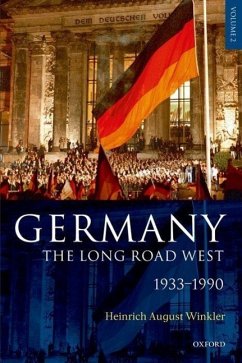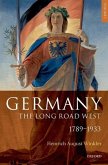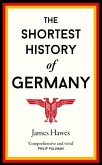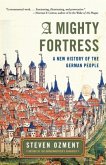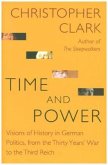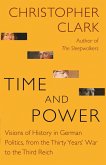Vivid, succinct, and highly accessible, Heinrich Winkler's magisterial history of modern Germany offers the history of a nation and its people through two turbulent centuries. It is the story of a country that, while always culturally identified with the West, long resisted the political trajectories of its neighbors. This second and final volume begins at the collapse of the first German democracy and ends with the joining of East and West Germany in the reunification of 1990. Winkler offers a brilliant synthesis of complex events and illuminates them with fresh insights. He analyzes the decisions that shaped the country's triumphs and catastrophes, interweaving high politics with telling vignettes about the German people. These two volumes are suitable for scholars, students, and anyone wishing to explore the complex, contradictory past of this facinating land.
Hinweis: Dieser Artikel kann nur an eine deutsche Lieferadresse ausgeliefert werden.
Hinweis: Dieser Artikel kann nur an eine deutsche Lieferadresse ausgeliefert werden.

